EXPRESSING LIKES AND DISLIKE
The word like (v) means to be sound as or pleased with from the verb we get the word like (vi) and dislike (Ti) opposite or antonym.Grammatically likes/ dislike are not nouns but only used in everyday talks (spoken English) whether
like or dislike the force behind them are human feeling, taste experience traditions.- Usually like and dislike are expressed in non-verbal forms of communication such as gesturers, social expressions movement nodding.- Non- verbal –communication is also called body language
Examples:
Question : what game do you like most?
Answer : I like football and boxing
Question : what music do you like most?
Answer : I like bongo flava
Question : what drink do you like most?
Answer : I like orange Juice only
EXPRESSING LIKES AND DISLIKE
PREFERENCE
The most suitable is ……..to…………
Example: I prefer——— to———-
(i) I prefer tea to coffee
(ii) I prefer English to Kiswahili
(iii) I prefer reading to writing
Exercise
Make ten (10) sentences using the following words below
Topic 7:
TALKING ABOUT ONES FAMILY
– Expressing family relations:
A family is smallest social unit. The family consists of father, mother, children and relatives. This kind of a family is called Extended family
Vocabulary
- Uncle – The brother of your father or mother
- Cousin – The child of your uncle or aunt.
- Nephew – The son of you r brother or sister
- Niece – The daughter of your brother or sister
- Sister –in –law – The sister of your wife or husband
- Father in- law – the father of your wife or husband
- Grandfather – The father of your father or mother
- Brother in- law – The brother of your wife of husband
- Grandmother – The mother of your father or mother 10. Aunt – The sister of your father or mother
A family tree Mabula married Kalunde.They have two children ,Robert and Rose. Robert got married to Rehema and they have two children Tyson and Diana Rose at mrried to Juma and they have two children;Bush and Sijapata Study the following diagram:
Expressing occupations of family members
Members of a family usually has daily activity for production or social services
Vocabulary; Venders, Tailors, Sailors, Plumber, Nurse,Teacher.
Exercise:
Fill in the following table with the right information. The first one has been done for you.
EXPRESSING LIKES AND DISLIKE
OWNERSHIP OR POSSESSION
Possession refers to one having his/her property such as school, pen, houses, car, home, and farm
– Most occurring words
(i) Possessive pronouns: e.g. my, her, his, our, their
(ii) Other terms: posses, belong, own, property of….
Examples
– My father owns a boat
– My sister own a big house
– I have a hen
– We possess a big library
– That bus belongs to my father
DESCRIBING PHYSICAL APPEARANCE
People differ in physical appearance in terms of height, size, colour,[complexion] morphology, hair, eyes, ears, nose, teeth, fingers, legs, toes, chest head.
Study the following text
Mr. Kibakaya is a light coloured skinned man in our street. He is baldheaded and his remaining hairs gray. Older people say that he has a fair complexion. His daughter is skinning, tall but tenders.
She is beautiful and attracts attention whenever she passes. Her twisting eyes confuse young man. She puts on her-heals on every weekend. Her young brother is shot and fat, he looks handsome and magnetic to girls his chest is wide as well as frightening nose
DESCRIBING CHARACTER
Every person has a particular behavior that display his/her character: Example: cruel, greedily, rude, rough, carelessness, generous, gentle, sincere, open, lian
Examples:
(i) He is a rude boy at our school
(ii) She is careless that her uniform is full of sports
(iii) A sincere student is liked by teacher
(iv) You’re a liar
Character changes because of age education and people around, character reflects moral and cultural value. People from broken families usually show bad character. Character can also be understood through a language that a person uses.
EXPRESSING LIKES AND DISLIKE
Structure
Asking questions
We can also ask questions using the words in the box
(i) Who is shouting?
(ii) What are you doing?
(iii) Which boo is yours?
(iv) Whose pen is this?
(v) When do we go home?



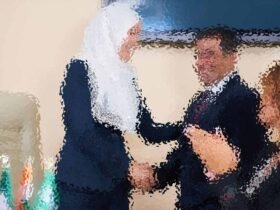
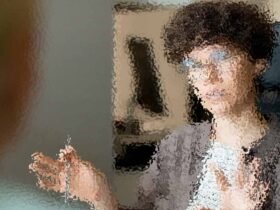

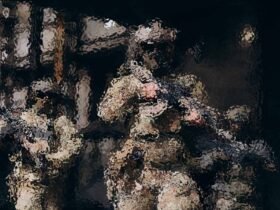
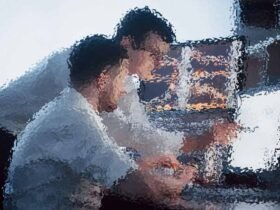
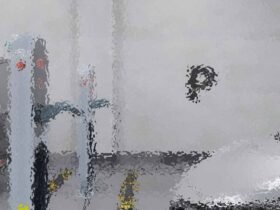


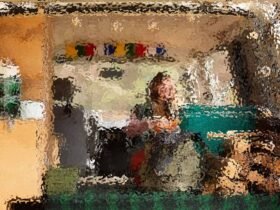
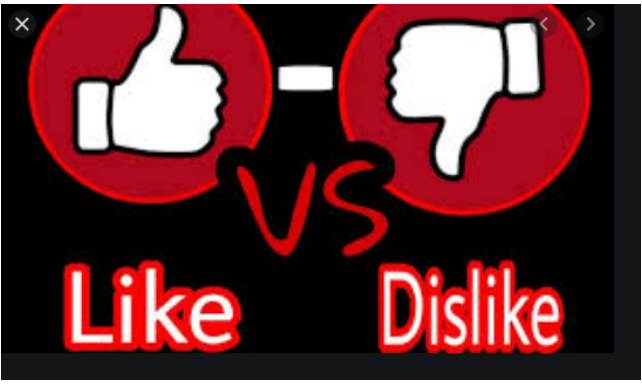







Leave a Reply